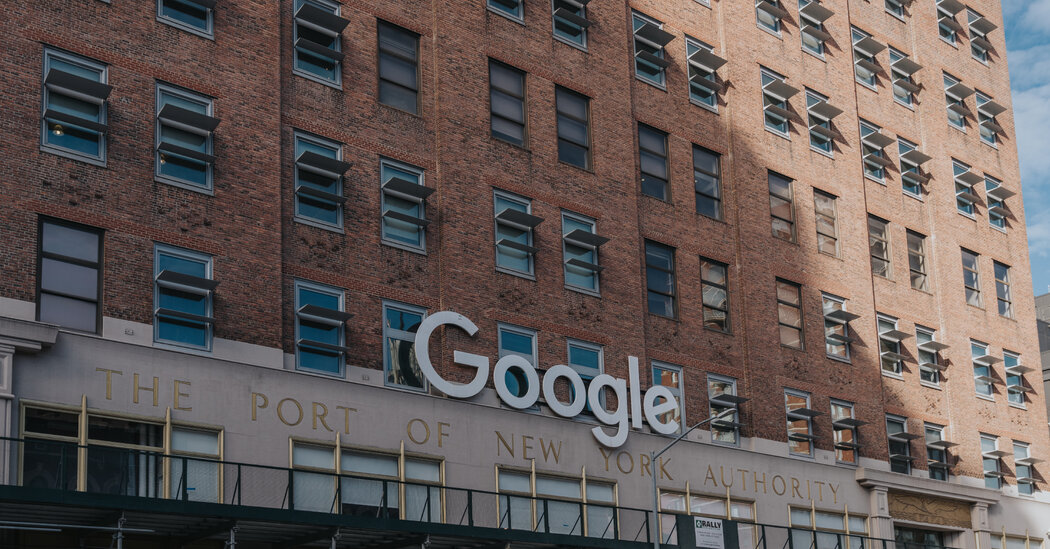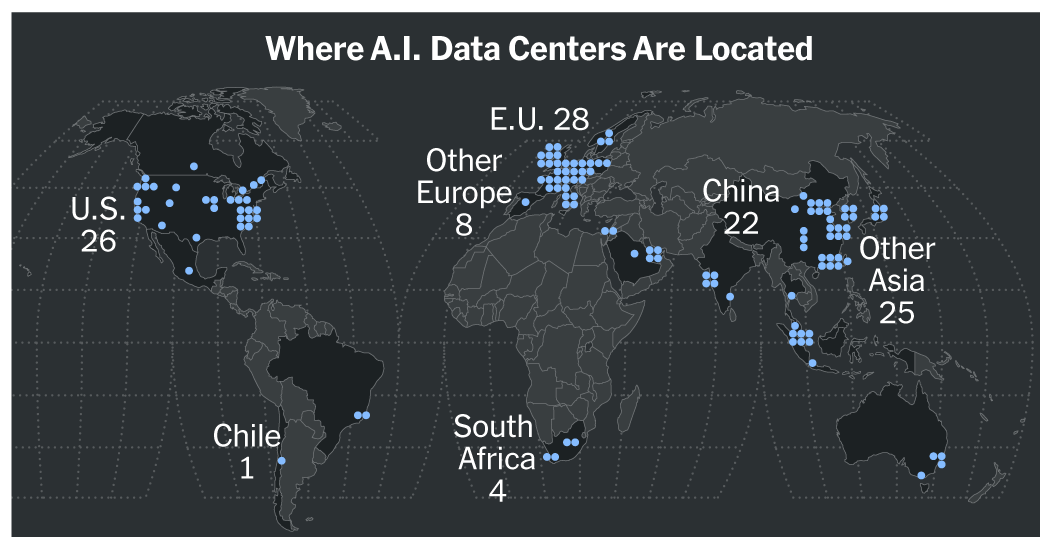Google might be threatened with a breakup after losing two antitrust cases, but in the meantime it can console itself with piles of money.
Alphabet, Google’s parent company, on Thursday posted revenue of $90.23 billion for the first quarter, up 12 percent from a year earlier. Net income was $34.54 billion, up from $23.66 billion. Earnings per share were $2.81.
The revenue was more or less what analysts had expected, but the bottom line was considerably better. Analysts had projected revenue of $89.15 billion for the quarter, with earnings per share of $2.02.
Sundar Pichai, Google’s chief executive, said in a statement that the impressive results “reflect healthy growth and momentum across the business.”
The Mountain View, Calif., company also said it was raising its dividend 5 percent and authorized a $70 billion stock buyback. The stock, which had puttered modestly upward before the earnings release, rose in after-hours trading.
For Google, the year had been off to a bad start, with its shares at one point down about 25 percent. One reason was the economic turmoil induced by President Trump’s zeal for tariffs. The Chinese e-commerce companies Temu and Shein, for example, are significant advertisers on Google. With a trade war blossoming between China and the United States, they are buying fewer ads.
There is also a rapid evolution in search guided by artificial intelligence, which is giving Google new competitors such as OpenAI and Perplexity. And then there are the antitrust losses.
In August, a federal judge found that Google had an illegal monopoly in online search. The appropriate remedy is now being argued in court. This month, another federal judge ruled that Google had a monopoly in its online advertising technology.
Google is of course vowing to fight the antitrust cases until it achieves victory, but some analysts argue that it might be better to proactively break itself up. The past gives some encouragement to this view.
The government pursued IBM for 13 years, from 1969 until 1982, until its antitrust case was finally dropped. IBM never regained its dominance. Researchers have argued that it may have been better for the company if it had settled and been free to innovate. The same argument is applied to Microsoft. The software company prevented its own breakup on appeal in an antitrust case in 2001, but it, too, seemed to stall for a decade.
Google’s growth has been slowing, an inevitable consequence of its size and success. In its early years, revenue routinely increased 50 percent or 100 percent as the consumer internet went through a manic growth phase. That was when Google became a verb. Now it is much too big to grow fast.
The research firm eMarketer published a note this week saying Google ad revenues, which increased 12 percent in 2024, would grow only 9 percent this year and 8.5 percent in 2026.
Regardless of the antitrust verdict’s outcome, “Google’s ad tech business is already in decline,” Evelyn Mitchell-Wolf, an eMarketer senior analyst, wrote. “The Google Network segment, which includes revenues generated by ad tech assets, has posted 10 consecutive quarters of negative growth.”










